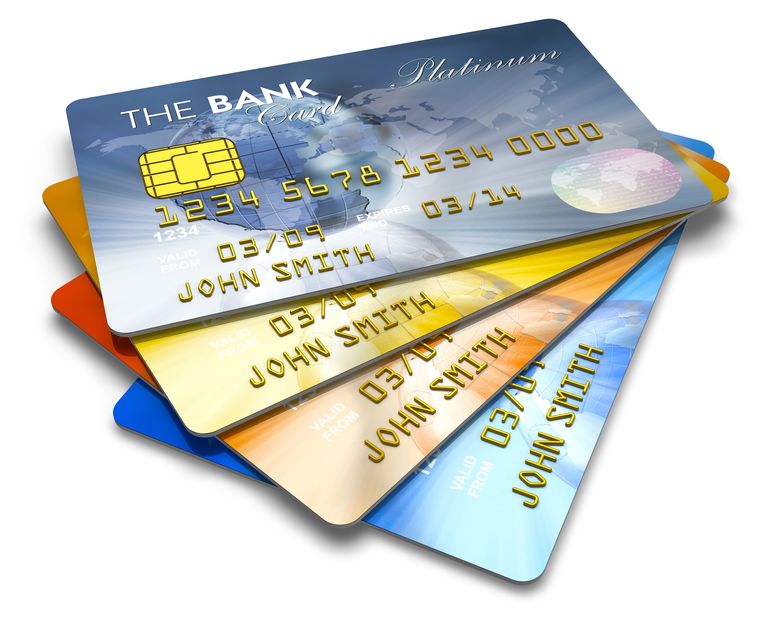As a small business owner, you understand the importance of keeping your personal expenses and your business expenses separate. This is important for tax purposes, to protect your personal and professional credit scores, and to keep your accounting processes simple and clear. Having a business credit card is also important for your reputation among business partners and peers. It shows professionalism and makes B2B exchanges much more manageable.
What are Business Credit Cards for Startups?
Start up business credit cards are a great tool that give entrepreneurs access to a line of credit they can use to purchase inventory, capital goods, invest and grow their businesses. Many come with specialized terms that make developing a new business easier with special rewards for making good business decisions. While there are a number of business credit cards available, with various rates and features, you will need to apply and qualify.
But how can you qualify for a start up business card account? Well, it may take some work, but getting a business card account is well within your reach if you follow a few simple steps.
[Click here to pre-qualify for up to $250,000 in start up business credit cards].
How to Get a Business Credit Card for a New Business
Qualifying for business expense account is pretty straight forward. Most of the time, it will only take a year or two at the most to get your credit in good enough shape to qualify. Here’s how it’s done.
1. Make Timely Payments on All Accounts
The most straightforward way to improve your credit score is to use a credit card and make timely and full monthly payments. After 12 to 24 months of good payment history, chances are you will qualify for most loans, credit cards, and other financial services.
2. Open Up at Least One Credit Card and Keep It Open for a Minimum of 2 Years
What financial service providers want to see is that you are committed to doing business regularly and that you are responsible enough to be worth the risk. Remember, just about all financial services are about mitigating risk. So your goal is to look like the smallest possible risk.
3. Monitor Your Credit History
Finally, as you’re working on your credit over the course of one to two years, it’s a good idea to check your credit score periodically. Once a month is probably enough. Sometimes certain types of purchases can trigger an alert on your credit score. It is also possible that checking your credit score can alert you to unauthorized use of your account- which could be very damaging to your credit. Staying on top of your credit score also shows lenders that you are vigilant about being a low risk. That’s what they want to see.
Finally, even if you have no business credit history, your financial services provider will look at your personal credit history and go from there. So, you don’t need to worry about having to start from zero. What’s more, you’ll have a better chance of being approved if you have a relationship with the bank where you apply. They will help you through the process- and you can be sure that if you follow the tips above, you will be approved in time.
[Click here to pre-qualify for up to $250,000 in start up business credit cards].

